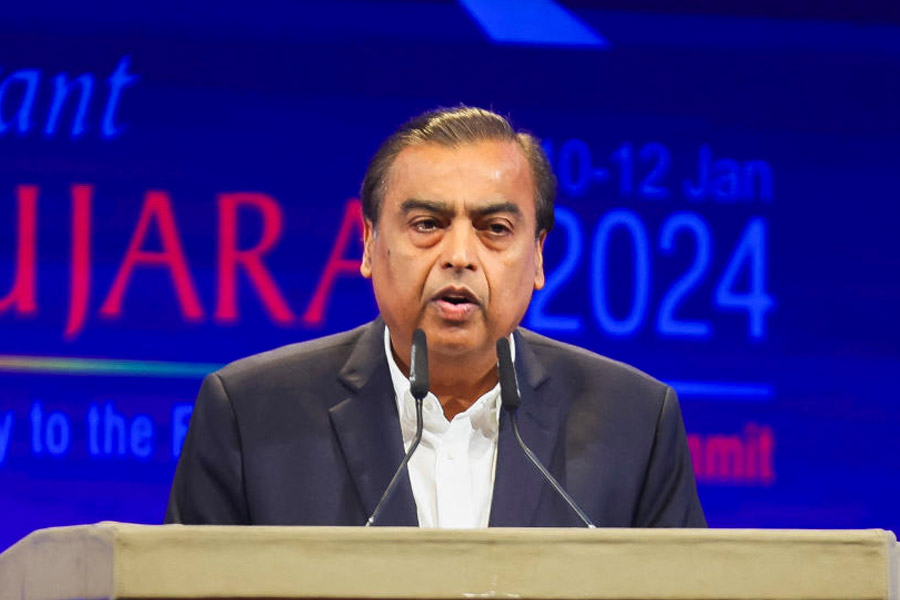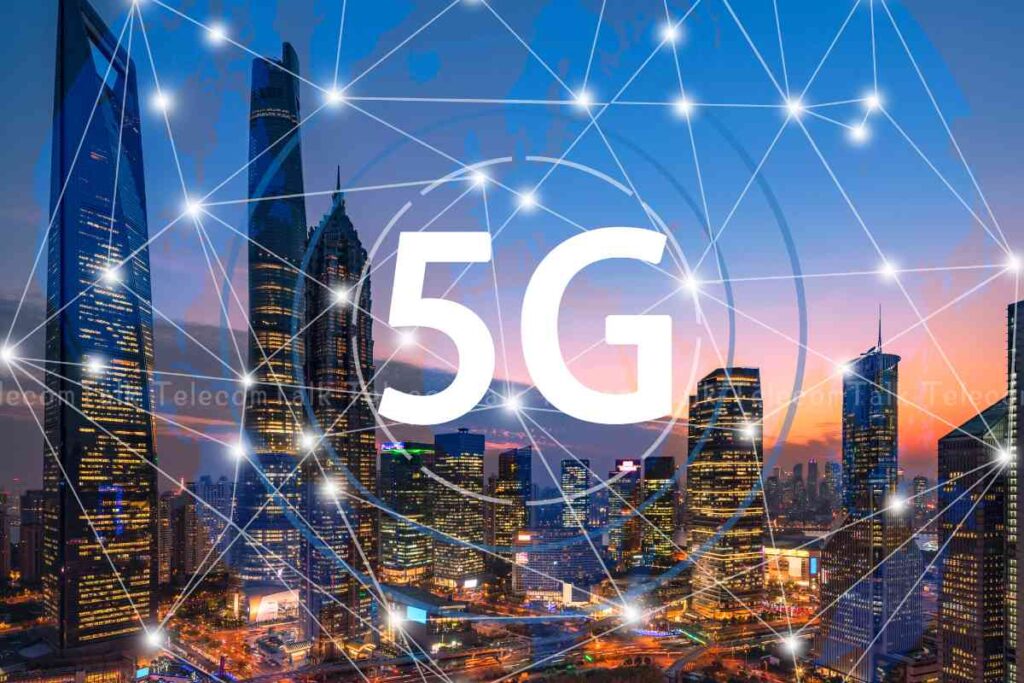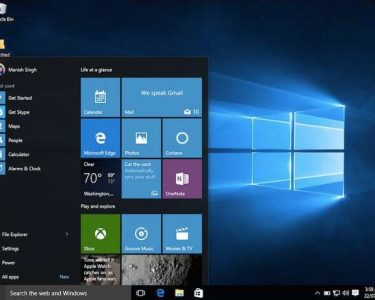Mukesh Ambani’s 5G Venture in Ghana: A Comprehensive Analysis
The recent announcement of a 5G network deal involving Mukesh Ambani’s Reliance Industries Ltd. in Ghana has sparked significant controversy. The deal, seen as a strategic move to expand 5G infrastructure in West Africa, is facing pushback from Ghana’s parliamentary minority. This article delves into the specifics of the agreement, the political and economic implications for Ghana, and the broader context of 5G development in Africa.

The Deal: Key Details and Stakeholders
The Ghanaian government has partnered with Next Gen Infraco, a company associated with Mukesh Ambani, to roll out 5G services across the country. Under the terms of this agreement:
- Radisys Corp., a subsidiary of Reliance Industries Ltd., will supply the necessary network infrastructure, applications, and smartphones.
- The deal secures exclusive control over Ghana’s sole 5G license for ten years to NGIC and its strategic partners.
- The partnership includes major players such as Nokia Oyj, Tech Mahindra Ltd., and Microsoft Corp..
- Two lesser-known African telecom firms, Ascend Digital Solutions Ltd. and K-NET, hold a combined 55% stake in the new entity, with the Ghanaian government retaining approximately 10%.
Political and Economic Opposition
The National Democratic Congress (NDC), Ghana’s parliamentary minority, has voiced strong objections to the deal. They argue that:
- The agreement is a “sweetheart deal” that bypasses a more lucrative formal bidding process.
- Ghana could have potentially generated between $400 million and $500 million upfront through competitive bidding, as opposed to the $125 million spread over ten years agreed upon in this deal.
- Given Ghana’s current need for foreign exchange and non-tax revenue, the NDC deems the deal as financially irresponsible, particularly for a debt-laden nation.
Strategic Implications for Ghana
Ghana’s ambition to digitally connect the entire nation within the next six years is ambitious. The country, with a population exceeding 33 million, is currently serviced by three major telecom operators: MTN Ghana, Telecel Ghana, and AT (formerly AirtelTigo). The introduction of a 5G network by NGIC, supported by global tech giants, aims to:
- Emulate the success of Ambani’s Jio Infocomm Ltd. in India, which revolutionized the telecom industry by offering affordable mobile data and free voice calling.
- Enhance Ghana’s digital infrastructure, potentially positioning it as a technological leader in West Africa.
- Address infrastructure challenges and improve connectivity, which is crucial for economic growth and development.
Broader Context of 5G in Africa
Africa, home to the fastest-growing and youngest population globally, is a hotspot for technological expansion. Major global powers, including the US, China, and India, are keen to establish their influence on the continent. The deployment of 5G technology is seen as a critical step towards:

- Bridging the digital divide and providing high-speed internet access to underserved regions.
- Stimulating economic activities by fostering innovation, creating jobs, and attracting foreign investment.
- Enabling advancements in various sectors such as healthcare, education, and agriculture through improved connectivity and smart technologies.
Potential Challenges and Future Prospects
While the 5G deal promises significant benefits, it also faces several challenges:
- Political Resistance: The opposition from the NDC highlights the potential for political instability and policy reversals, which could affect the implementation of the project.
- Economic Constraints: Ghana’s financial health and ability to meet the financial commitments of the deal over the next decade remain concerns.
- Technological Adaptation: The successful integration of 5G technology will require substantial upgrades to existing infrastructure and the development of new technologies.
Conclusion
The 5G deal in Ghana, spearheaded by Mukesh Ambani’s Reliance Industries Ltd., represents a significant milestone in the country’s digital transformation journey. While the project holds promise for economic and technological advancement, it is fraught with political, economic, and technical challenges. The outcome of this venture will depend on the stakeholders’ ability to navigate these complexities and align their interests towards a common goal of national development.
Newsportalgh.com Recommendations
To ensure the success of this venture, we recommend the following steps:
- Transparent Communication: The Ghanaian government should engage in open dialogue with all stakeholders, including the opposition, to build consensus and ensure transparency.
- Robust Financial Planning: Careful financial planning and management are crucial to meet the long-term financial obligations of the deal.
- Infrastructure Development: Invest in upgrading existing infrastructure and training personnel to handle new technologies associated with 5G.
- Monitoring and Evaluation: Establish mechanisms for continuous monitoring and evaluation to assess the project’s progress and make necessary adjustments.



